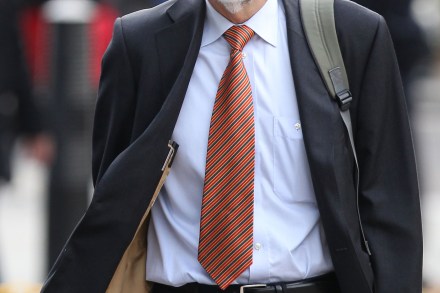Alex Salmond, Supply-Sider?
Today’s Chat With Dave is all very well and good but Alex Salmond’s speech to the LSE last night was just as significant. Much of the wrangling about Scottish independence has, for respectable reasons, concentrated on matters of process leaving the substance of what an independent Scotland might actually be like for another day. This too is reasonable since so much is speculative at this stage and, in any case, one should not necessarily presume that the SNP would dominate post-independence politics. Nevertheless, it is useful to have an idea of what Alex Salmond considers important. What he emphasises now is the best available guide to what might be emphasised




















